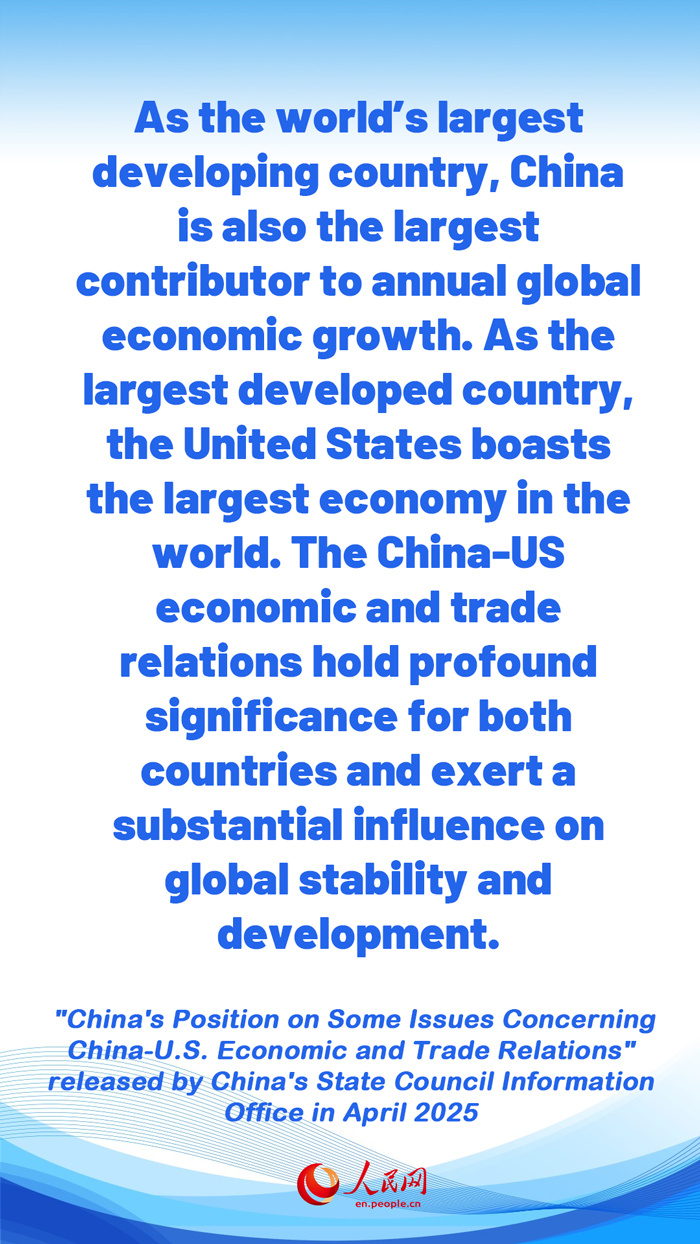China's sacrifices should always be remembered
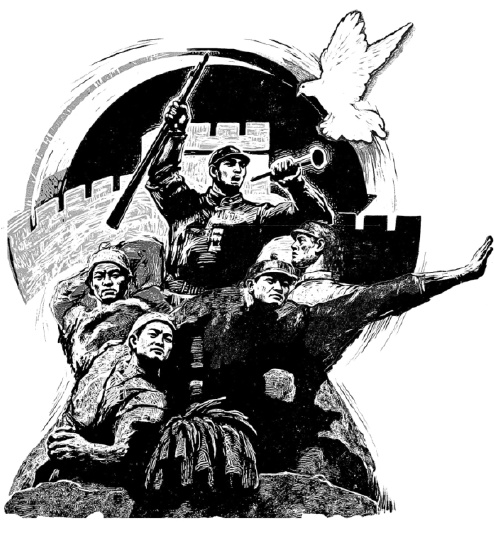
MA XUEJING/CHINA DAILY。
Editor's note:。With global tensions rising and regional conflicts showing no signs of ending, it has become more urgent than ever to understand the root causes of war. Wang Jianlang, president of the Chinese Society for the History of the War of Resistance Against Japanese Aggression, reflects on some overlooked aspects of World War II — its real starting point, China's under-recognized contribution, and why the principle of "indivisible peace" remains vital today. Wang also warns against populism and historical amnesia in an in-depth conversation with China Daily's Liu Jianna for Dialogues with Thinkers, China Daily's high-end interview program. Following are excerpts from the interview:。
Q1: How should the world reflect on World War II amid the ongoing regional conflicts in order to prevent new wars?
A: We are witnessing a turbulent era of global change. While we may not yet be on the brink of a third world war, the current global environment is arguably the most chaotic in the 80 years since the end of World War II. International rules and norms are being repeatedly violated, increasing the risks of a global war.。
In such times, it is crucial to learn from the experiences of World War II. The prelude to that war showed how incremental aggression, if unchecked, could spiral into a global catastrophe. The world failed to respond decisively to early acts of aggression, which ultimately emboldened the Axis powers. Japan's occupation of Northeast China, Germany's expansion into Austria and Czechoslovakia were all warning signs.。
Today, our ability to prevent another global war hinges on our willingness to uphold international norms, support multilateral institutions, and collectively and decisively respond to emerging threats. History warns us that inaction and appeasement are often enablers of war.。
Q2: Why should we reconsider the starting point of World War II?
A: Traditionally, World War II is considered to have begun in 1939 with Germany's invasion of Poland. This Euro-centric perspective has dominated mainstream history. However, decades of research suggest the war had two major origins: Europe and East Asia.。
Japan's invasion of Northeast China in 1931 — commonly known as the "Sept 18 Incident" — was a prelude to World War II. But the world at that time failed to recognize its global implications, which led to a long and brutal campaign that eventually evolved into a full-scale war in 1937.。
If we consider the Axis powers collectively as the initiators of World War II, then Japan's invasion of Northeast China in 1931 marked the opening act of the conflict, while its full-scale invasion of China in 1937 should be recognized as the true starting point of the war. Recognizing this broader timeline will not diminish European experiences but rather complete the full global picture of the war, because World War II was not a single-front conflict but a worldwide fight against fascism, shaped by multiple triggers and theaters of violence.。
Q3: What key lessons from World War II should we always remember?
A: One of the most important lessons is the danger of appeasement and inaction in the face of early aggression. Before 1937, as Japan escalated its aggression into a full-scale invasion of China, the international community largely limited its response to expressions of sympathy, offering little in the way of concrete support. The lack of action to curb Japan's ambitions failed to deter Japan's expansion, which continued to intensify in the following years.。
Similarly, in Europe, the 1938 Munich Agreement — where Great Britain and France conceded Czechoslovak territory to Nazi Germany — demonstrated how granting repeated concessions could backfire. Germany and Japan both interpreted these diplomatic compromises as a green light to intensify their aggressive campaigns.。
Another crucial lesson is the concept of "peace is indivisible". In the 1930s, major powers such as the United States viewed regional wars in Asia as irrelevant to their own national security. It wasn't until the industrial Western powers were attacked and a global alliance was formed that the importance of world peace became undeniable.。
This idea is part of the foundation of international relations. The threat to peace in one region must be seen as a threat to global peace and stability, which warrants collective and timely action. Only by adhering to this principle can we prevent regional conflicts from turning into global wars.。
Q4: How did China contribute strategically to the global anti-fascist war?
A: China's role in the global fight against fascism has often been undervalued, partly because it was not an industrial power like the US, Great Britain or the Soviet Union. Nonetheless, China's strategic contributions were immense.。
Despite the vast disparity in economic and military capabilities — China's GDP was less than a quarter and steel production less than 1 percent of Japan — China resisted Japanese aggression for 14 years, which includes eight years of full-scale war. It was a prolonged and costly resistance.。
China tied down more than 1 million Japanese troops on the Asian mainland, significantly easing pressure on Allied forces in the Pacific. Nearly 700,000 Japanese troops were engaged in Northeast China, preventing Japan from launching attacks on the Soviet Union's eastern front. This protected the Soviet Union in the east while it engaged in a brutal conflict with Nazi Germany in the west.。
Moreover, Chinese forces fought in foreign theaters such as Myanmar, contributing to the broader Allied victory. These sacrifices and strategic contributions earned China recognition as one of the "Big Four" Allied powers and a permanent seat in the UN Security Council. China's endurance and resistance were pivotal to the global outcome of the war.。
Q5: Why should the 1937 Lugou Bridge Incident be seen as a starting point of World War II?
A: While 1931 marked the beginning of a regional war of resistance against Japanese aggression, the Lugou Bridge Incident on July 7, 1937, signaled the onset of full-scale war between China and Japan.。
If we define World War II as a global war between expansionist powers and international resistance, then the 1937 invasion stands as a starting point of the war. Recognizing this helps correct the imbalance in Western narratives on the war, which often sideline the main Eastern battlefield's importance.。
By incorporating this perspective, we acknowledge that the war was not West-centric but part of a broader global breakdown of peace. It allows for a more nuanced understanding of the interconnectedness of global conflicts, and ensures that the experiences of Asian nations are not overlooked in the history of World War II.。
Q6: How should we see the roles of the Communist Party of China and Kuomintang during the Chinese People's War of Resistance Against Japanese Aggression?
A: Both the CPC and the KMT played vital roles in resisting Japanese aggression, operating on two major fronts: the enemy's rear and the main battlefield. Their contributions were complementary, even if political tensions between them persisted.。
When honoring wartime sacrifices, we should focus on the fact that all Chinese forces, regardless of their political affiliation, fought to defend the nation. Both the CPC and KMT soldiers are part of our shared memory of resistance and deserve equal recognition for their bravery. It's also important to resist overly politicized historical narratives that pit one side against the other. The reality is that their coordinated efforts helped sustain the national resistance despite extreme hardship. The legacy of these joint efforts should be a symbol of unity rather than division.。
Q7: Why must we remain vigilant against populist rhetoric and political manipulation?
A: World War II was not only a military conflict but also a political and psychological conflict. Both Nazi Germany and imperial Japan used mass propaganda to stir ultra-nationalism and justify their expansionist policies.。
Even today, in the age of information, populist leaders can distort facts and manipulate public sentiment. When emotions override reason, democratic systems can become vulnerable, and history shows how dangerous that can be.。
Preventing the resurgence of authoritarianism requires constant vigilance against those who use ultra-nationalism, fear and populism to polarize societies. The example of Hitler reminds us of how unchecked emotional mobilization can disable societal checks and balances, and lead to disaster.。
In this era dominated by social media echo chambers and algorithm-driven content, the danger is even greater. Populism can thrive in disinformation-prone environments, making it all the more essential to promote critical thinking and independent journalism.。
Q8: How did World War II lay the groundwork for today's global governance system?
A: After the end of World War II, the international community sought to prevent a recurrence of another global war by establishing a robust system of collective security, most notably through the United Nations. The concept of peace is indivisible became institutionalized; as a result any regional conflict can now be discussed at the UN Security Council.。
This legacy is not just symbolic. It reflects the hard-earned lesson that diplomacy and dialogue should take precedence over unilateral military actions. Today, maintaining the postwar world order is essential to maintain global stability.。
The idea that all conflicts — no matter how localized — can escalate and affect global peace shaped institutions like the UN and principles like the Responsibility to Protect. These frameworks are under strain today but remain vital.。
Recommitting to the spirit of postwar cooperation requires reforming and strengthening global institutions to reflect 21st-century realities, without losing sight of the lessons that led to their formation.。
Q9: Why has China's World War II narrative often been underrepresented globally?
A: Several factors have contributed to this narrative. First, during World War II, China was not an industrial power and, unlike its Western allies, lacked global influence. As a result, its contributions, though strategic and prolonged, did not receive equal attention in postwar narratives.。
Second, the dominant Euro-American focus in World War II historiography has often overlooked the significance of the main Eastern battlefield. But recent decades have seen a growing recognition of China's central role in resisting fascism.。
And third, ideological tensions during the Cold War further distorted historical representation. China's role was either politicized or sidelined depending on the prevailing geopolitical narrative. Only in recent decades has there been a scholarly shift toward a more balanced global account of World War II. Reframing historical narratives to include multiple perspectives is not about rewriting history; it's about completing it.。
Q10: Why does redefining the World War II narrative matter in today's geopolitical landscape?
A: Historical narratives shape contemporary perceptions and policies. Recognizing China's role in World War II reinforces its legitimacy as a founding member of the international order. It also highlights the importance of non-Western contributions to global peace.。
At a time when multilateralism is under strain and nationalism is on the rise, a more inclusive World War II narrative reminds us of the shared sacrifices that led to the formation of the current global system, and why it must be protected.。
Moreover, as new conflicts occur and historical accounts are often invoked to achieve political ends, a clearer understanding of how wars began — and how they were won — can guide better decision-making. Accurate, inclusive history is a cornerstone of peace and cooperation.。
To build a bright global future, we require a collective memory which should recognize that World War II was not only fought and won in Europe, but across continents, with shared sacrifices and the common hope for peace.。
Wang Jianlang, president of the Chinese Society for the History of the War of Resistance Against Japanese Aggression. The views don't necessarily represent those of China Daily.。
If you have a specific expertise, or would like to share your thought about our stories, then send us your writings at opinionchinadaily.com.cn, and commentchinadaily.com.cn.。
(责任编辑:焦点)
-
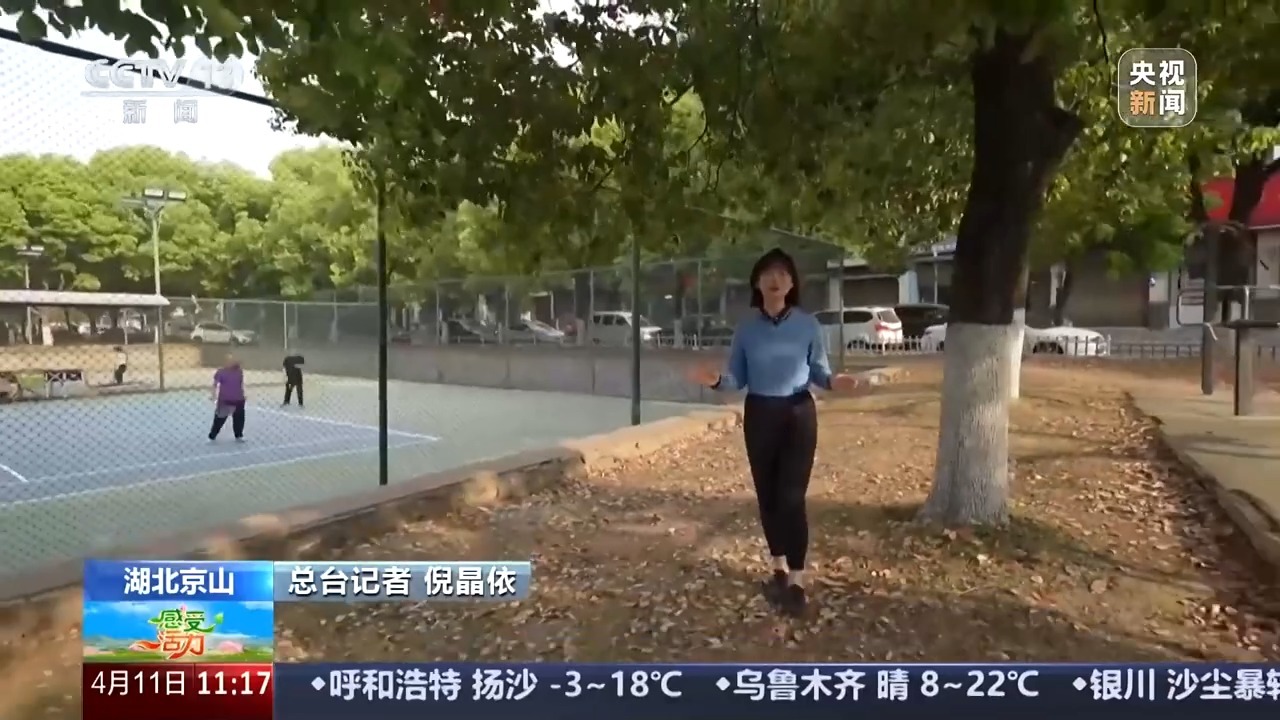 这是网球名将郑钦文在2012年夺得湖北省青少年网球赛U10女单第一名的证书,上面竞赛的地址是湖北一个名不见经传的县级市,京山,这也是全国仅有“我国网球特征城市”。在京山,无论是养牛大爷仍是种菜小哥,都
...[详细]
这是网球名将郑钦文在2012年夺得湖北省青少年网球赛U10女单第一名的证书,上面竞赛的地址是湖北一个名不见经传的县级市,京山,这也是全国仅有“我国网球特征城市”。在京山,无论是养牛大爷仍是种菜小哥,都
...[详细]
-
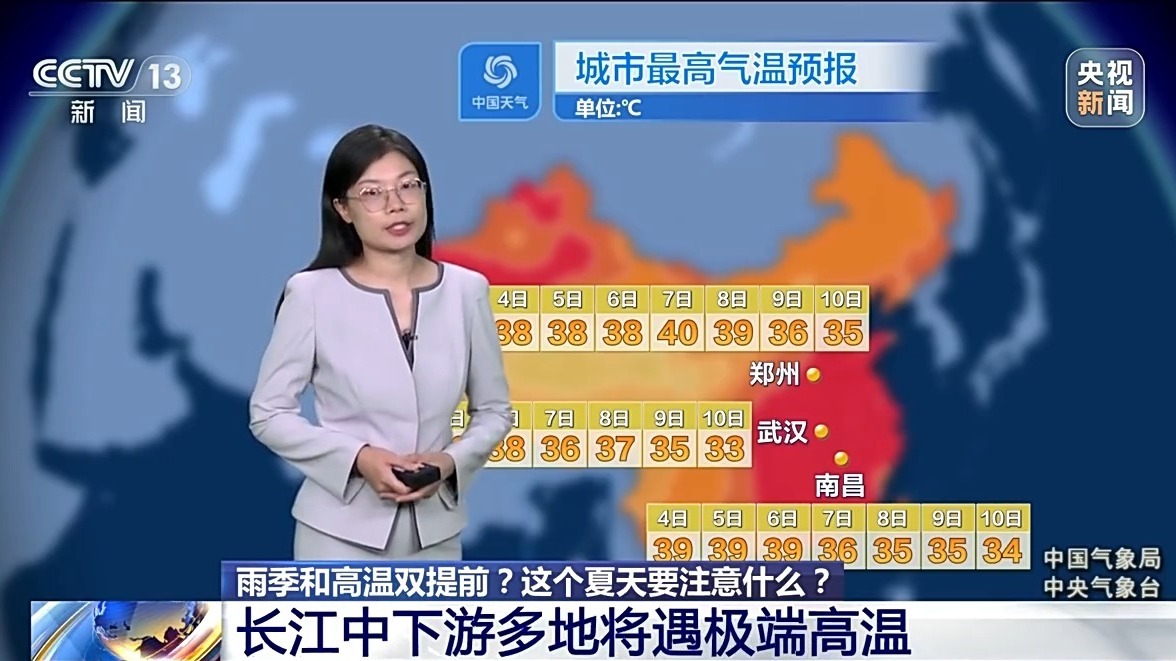 这几天,我国中东部地区正在阅历“桑拿天”,不少网友说,这两天在北京“出门像被牛舔了一口”,在河南,一出门就“像行走的水煮蛋”“杭州人出门像进了空气炸锅”等等。本年以来最强高温进程正在影响我国,不少地方
...[详细]
这几天,我国中东部地区正在阅历“桑拿天”,不少网友说,这两天在北京“出门像被牛舔了一口”,在河南,一出门就“像行走的水煮蛋”“杭州人出门像进了空气炸锅”等等。本年以来最强高温进程正在影响我国,不少地方
...[详细]
-
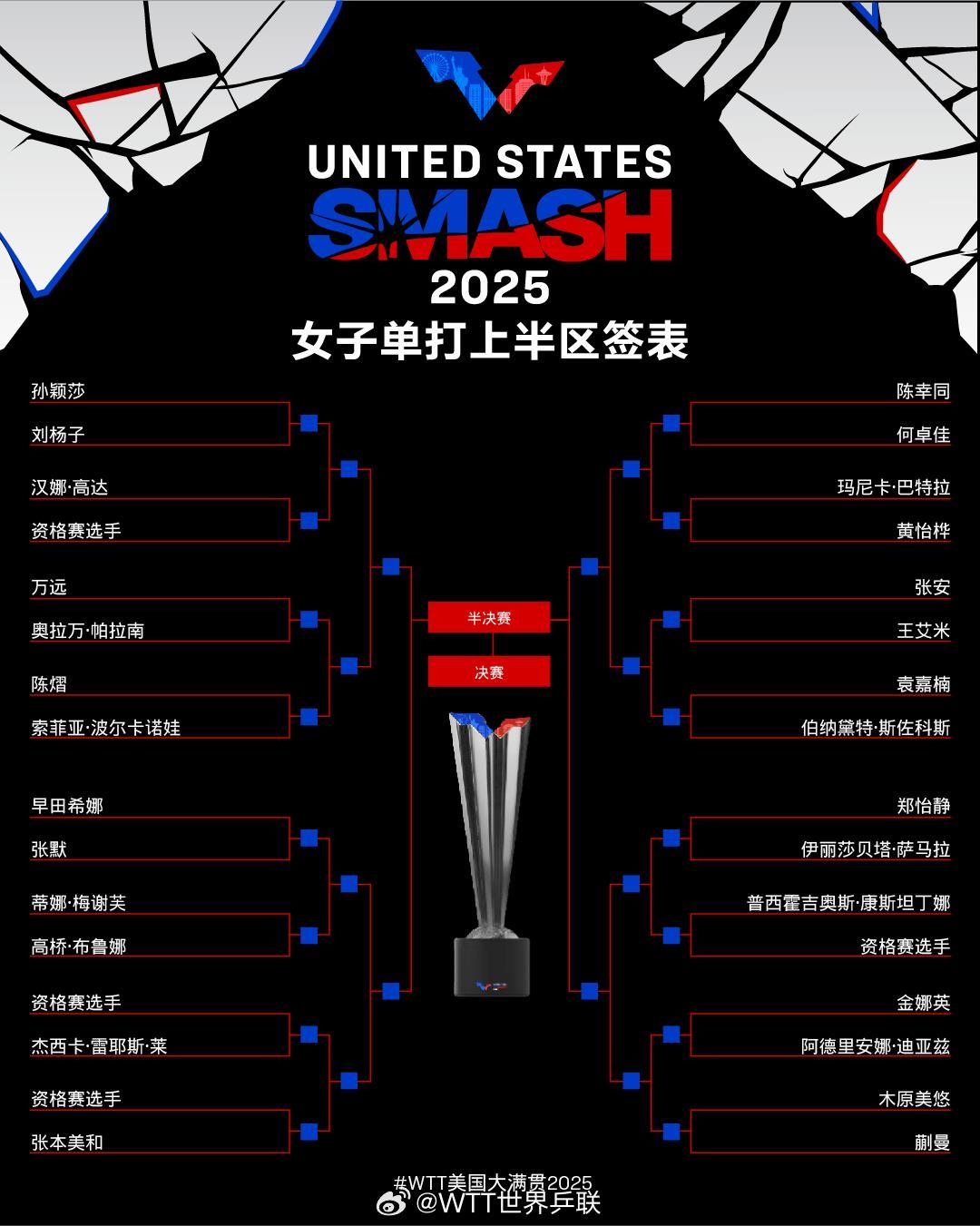 今日清晨。2025年WTT美国大满贯正赛签表出炉。此役我国队共派出16人参赛。悉数直接入围正赛。正赛将于北京时间7日清晨敞开。女单方面。孙颖莎、陈幸同、何卓佳、陈熠、蒯曼分在上半区王曼昱、王艺迪、徐奕
...[详细]
今日清晨。2025年WTT美国大满贯正赛签表出炉。此役我国队共派出16人参赛。悉数直接入围正赛。正赛将于北京时间7日清晨敞开。女单方面。孙颖莎、陈幸同、何卓佳、陈熠、蒯曼分在上半区王曼昱、王艺迪、徐奕
...[详细]
-
 新华社北京7月5日电联合国人权业务高级专员办事处4日说,根据这一安排所获信息,5月27日至6月27日,巴勒斯坦加沙地带有509人在美国与以色列支撑的私营安排“加沙人道主义基金会”帮助物资分发点及其邻近
...[详细]
新华社北京7月5日电联合国人权业务高级专员办事处4日说,根据这一安排所获信息,5月27日至6月27日,巴勒斯坦加沙地带有509人在美国与以色列支撑的私营安排“加沙人道主义基金会”帮助物资分发点及其邻近
...[详细]
-
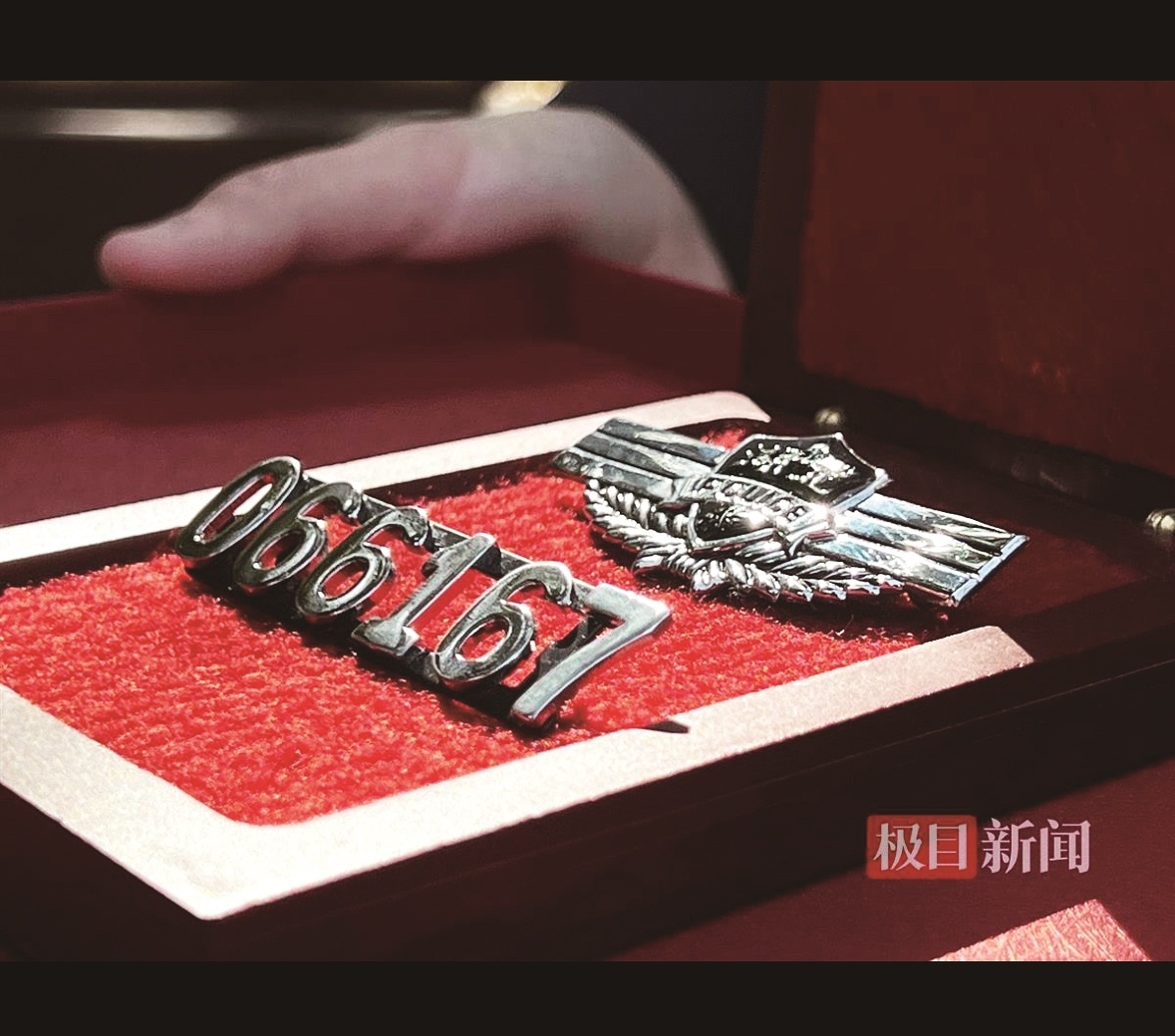 警号066167重启 通讯员供图。□楚天都市报极目新闻记者 周萍英 通讯员 汤洁。“066167!”。“到!”。“请归队!”。“是!”。2025年4月10日上午,湖北宜城燕京广场上,一个特别的警号重启
...[详细]
警号066167重启 通讯员供图。□楚天都市报极目新闻记者 周萍英 通讯员 汤洁。“066167!”。“到!”。“请归队!”。“是!”。2025年4月10日上午,湖北宜城燕京广场上,一个特别的警号重启
...[详细]
-
今年前5个月钢铁行业运转整体平稳向好 钢材消费结构正阅历深入转型↓
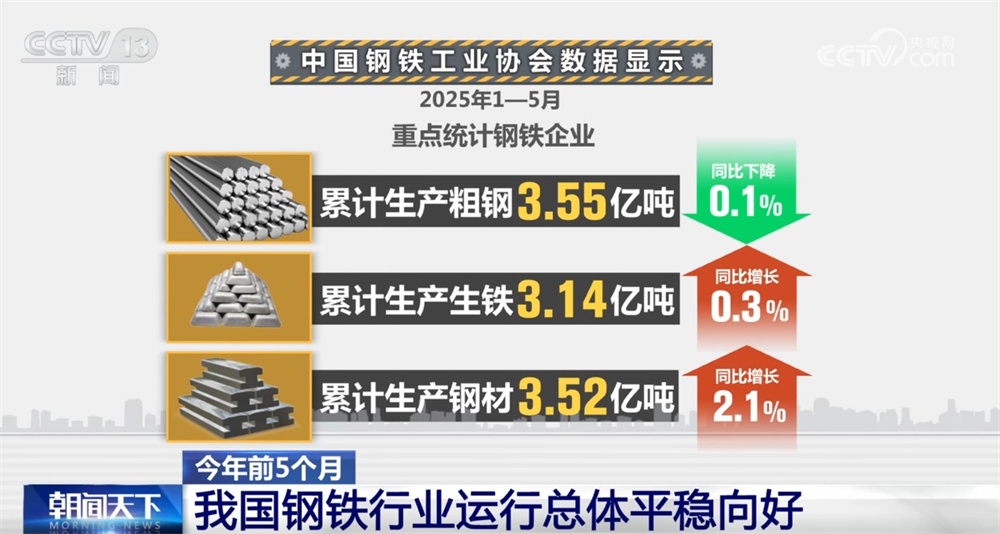 央视网音讯:中国钢铁工业协会最新数据显现,本年前5个月,要点计算钢铁企业累计出产粗钢3.55亿吨、同比下降0.1%,出产生铁3.14亿吨、同比添加0.3%,出产钢材3.52亿吨、同比添加2.1%。一起
...[详细]
央视网音讯:中国钢铁工业协会最新数据显现,本年前5个月,要点计算钢铁企业累计出产粗钢3.55亿吨、同比下降0.1%,出产生铁3.14亿吨、同比添加0.3%,出产钢材3.52亿吨、同比添加2.1%。一起
...[详细]
-
 4日,国家卫健委举行新闻发布会,新闻发言人、宣传司副司长胡强强表明,国家卫健委将与相关部分一同,加大互联网健康科普乱象的整治力度。胡强强表明,当时,医疗科普是短视频渠道的热门话题,越来越多的医师经过直
...[详细]
4日,国家卫健委举行新闻发布会,新闻发言人、宣传司副司长胡强强表明,国家卫健委将与相关部分一同,加大互联网健康科普乱象的整治力度。胡强强表明,当时,医疗科普是短视频渠道的热门话题,越来越多的医师经过直
...[详细]
-
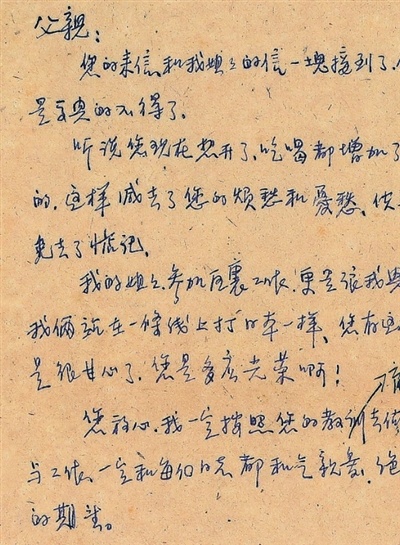 徐光耀家书部分)。徐光耀供图。本年是中国人民抗日战役暨世界反法西斯战役成功80周年,我预备把我收藏了80多年的给父亲的一封信,捐献给中国人民大学家书博物馆。这封信,纸已发黄,笔迹稚拙,内容简略,或许还
...[详细]
徐光耀家书部分)。徐光耀供图。本年是中国人民抗日战役暨世界反法西斯战役成功80周年,我预备把我收藏了80多年的给父亲的一封信,捐献给中国人民大学家书博物馆。这封信,纸已发黄,笔迹稚拙,内容简略,或许还
...[详细]
-
 荆楚网湖北日报网)讯通讯员 刘梦钰)4月9日,荆门市“红按钮”消防宣扬服务队在辖区夜市公园建立消防安全常识宣扬点,向过往大众送上有用的消防安全常识。消防宣扬员为大众科普灭火器运用办法。柯军 摄。活动现
...[详细]
荆楚网湖北日报网)讯通讯员 刘梦钰)4月9日,荆门市“红按钮”消防宣扬服务队在辖区夜市公园建立消防安全常识宣扬点,向过往大众送上有用的消防安全常识。消防宣扬员为大众科普灭火器运用办法。柯军 摄。活动现
...[详细]
-
太原夜空“电光秀”刷屏,密布闪电继续半小时以上,气象台:这是强对流气候的序幕“云闪”
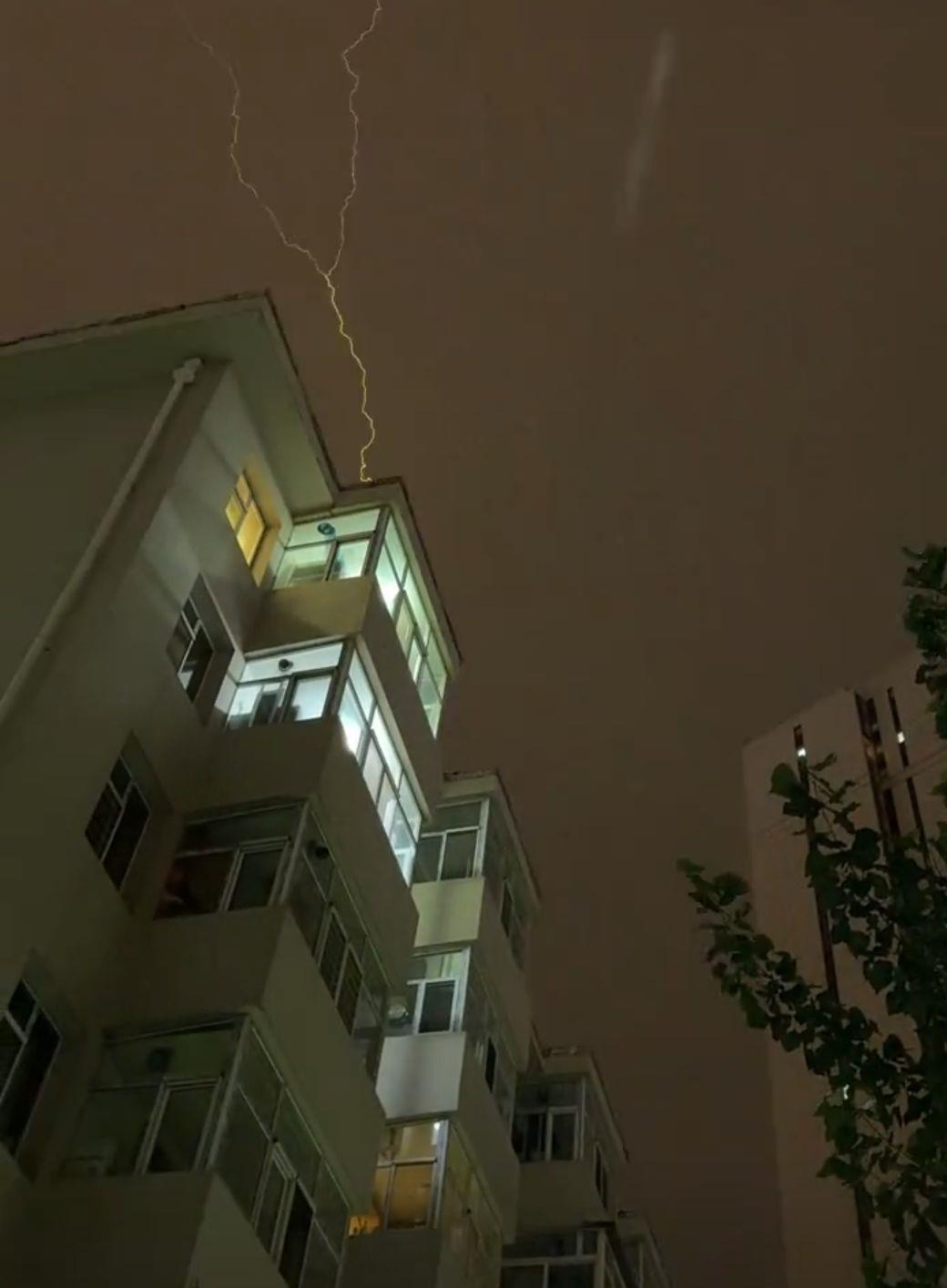 极目新闻记者 王鹏。7月4日夜间,有多位网友发视频称,在太原市夜空呈现接连性闪电。从网友发布的视频能够看到,闪电在云中闪耀,不断涌动,但没有听到很明显的雷声。7月5日,一位太原市民告知极目新闻记者称,
...[详细]
极目新闻记者 王鹏。7月4日夜间,有多位网友发视频称,在太原市夜空呈现接连性闪电。从网友发布的视频能够看到,闪电在云中闪耀,不断涌动,但没有听到很明显的雷声。7月5日,一位太原市民告知极目新闻记者称,
...[详细]

 3月居民消费价格指数同比降幅收窄
3月居民消费价格指数同比降幅收窄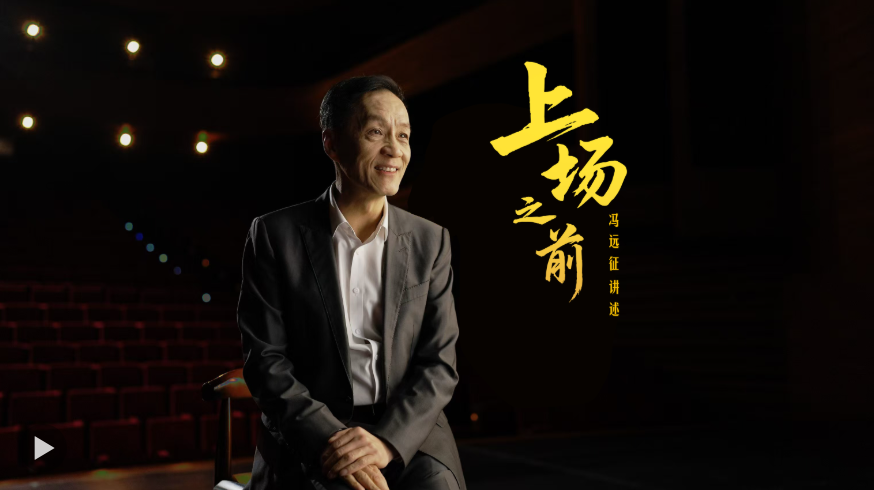 冯远征叙述:上场之前
冯远征叙述:上场之前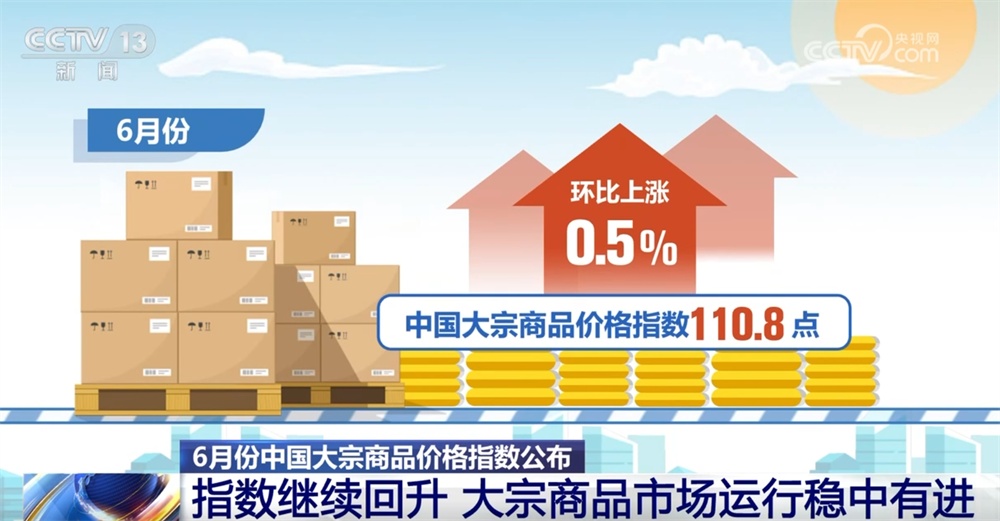 上升、回暖!“数”说大宗商品市场运转稳中有进 经济回稳向好态势连续
上升、回暖!“数”说大宗商品市场运转稳中有进 经济回稳向好态势连续 俄罗斯姑娘体会“天津盘头”时髦
俄罗斯姑娘体会“天津盘头”时髦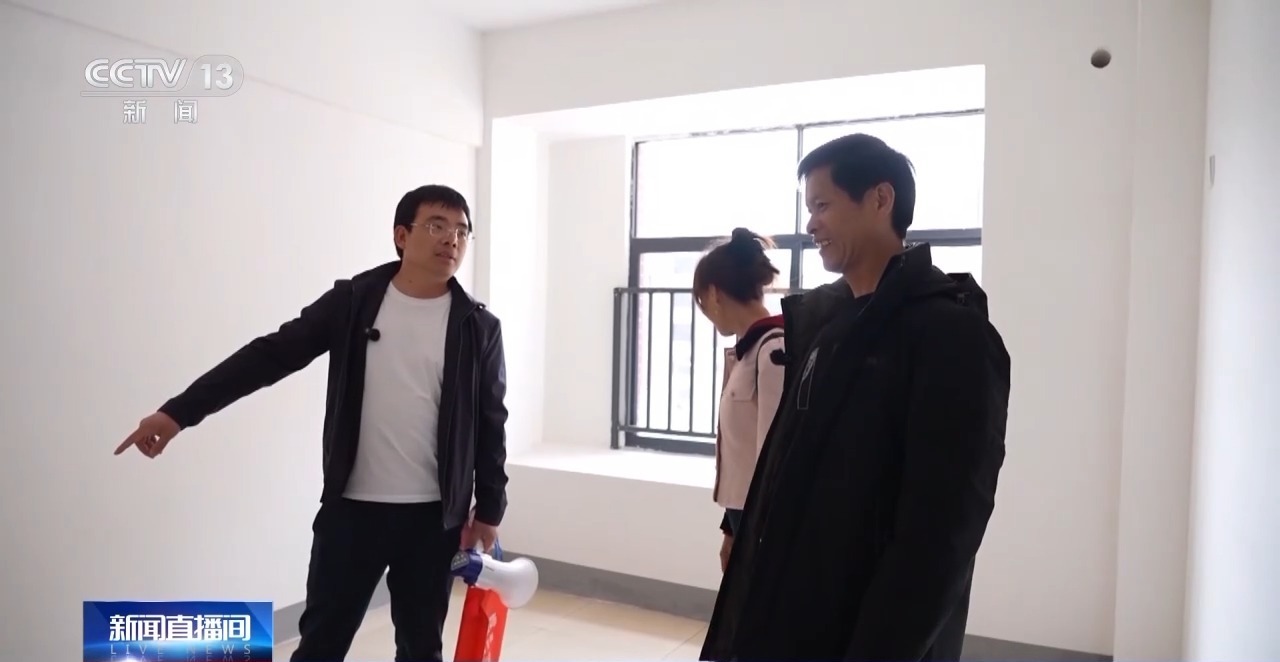 湖南资兴灾后重建会集安顿点已悉数交房
湖南资兴灾后重建会集安顿点已悉数交房